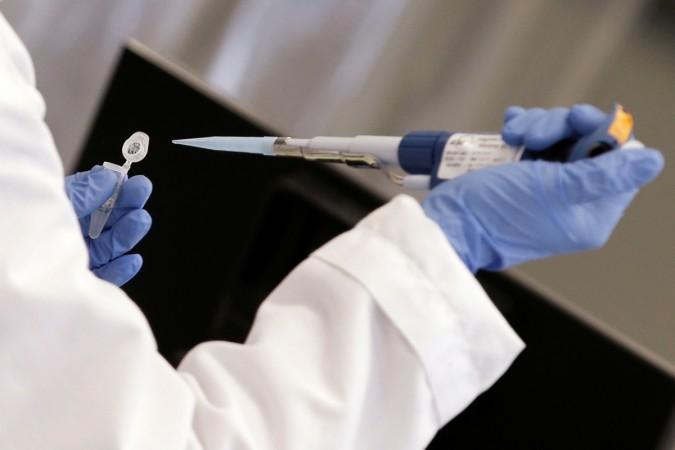
A group of scientists from University of Cambridge claims to have developed a psychological 'vaccine' for fake news, which can be used to inoculate the public against misinformation.
Also Read: Revealed! 97% of human body is made up of stardust!
"Misinformation can be sticky, spreading and replicating like a virus. We wanted to see if we could find a vaccine by pre-emptively exposing people to a small amount of the type of misinformation they might experience. A warning that helps preserve the facts," said lead author Sander van der Linden.
This research was conducted on 2,000 US residents belonging to different age groups, educational qualifications and political ideology.
The researchers first analysed a group of partakers regarding their thoughts on climate change, which is a politically charged issue. People are often misinformed about it though there are strong facts and evidence regarding the same.
The researchers found that those partakers who were shown correct data in the form of pie charts stated that the scientific consensus was "very high," whereas those shown the wrong information described it to be "very low." Their opinions were based on the data they were shown, Science Alert reported.
It was also observed that a group of participants who were shown both the correct and incorrect data regarding climate change were left in a state of indecisiveness.
"It's uncomfortable to think that misinformation is so potent in our society. A lot of people's attitudes toward climate change aren't very firm. They are aware there is a debate going on, but aren't necessarily sure what to believe. Conflicting messages can leave them feeling back at square one," van der Linden said.
Two different types of psychological vaccines were given to the groups by the researchers.
The first type of medication came with a warning which stated "some politically-motivated groups use misleading tactics to try and convince the public that there is a lot of disagreement among scientists." The drug is known as "general inoculation."
The second drug was known as "detailed inoculation." Science Alert quoted: "The second was a bit more leading, picking apart the misinformation to show how it was fraudulent."
It was finally found that the accuracy of the partakers in guessing the scientific consensus was boosted by the general inoculation drug by 6.5 percent. Addition of detailed inoculation further triggered the scientific consensus to 13 percent.
This points towards the fact that inoculation helped in stopping people from spreading wrong information by providing them with the ability to correctly detect science.
"We found that inoculation messages were equally effective in shifting the opinions of Republicans, Independents and Democrats in a direction consistent with the conclusions of climate science," van der Linden was quoted as saying Science Alert.
"What's striking is that, on average, we found no backfire effect to inoculation messages among groups predisposed to reject climate science, they didn't seem to retreat into conspiracy theories," he added.












!['Had denied Housefull franchise as they wanted me to wear a bikini': Tia Bajpai on turning down bold scripts [Exclusive]](https://data1.ibtimes.co.in/en/full/806605/had-denied-housefull-franchise-they-wanted-me-wear-bikini-tia-bajpai-turning-down-bold.png?w=220&h=138)
![Nayanthara and Dhanush ignore each other as they attend wedding amid feud over Nayanthara's Netflix documentary row [Watch]](https://data1.ibtimes.co.in/en/full/806599/nayanthara-dhanush-ignore-each-other-they-attend-wedding-amid-feud-over-nayantharas-netflix.jpg?w=220&h=138)



